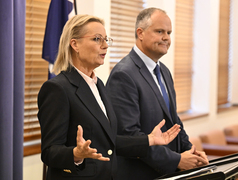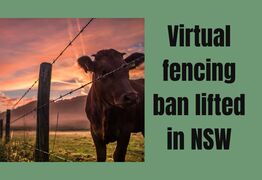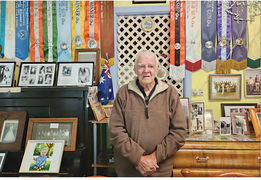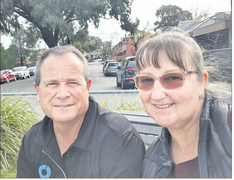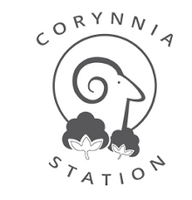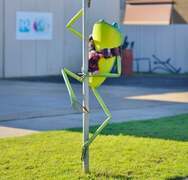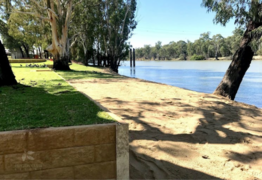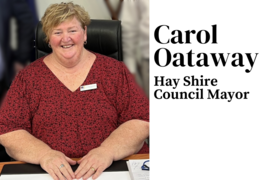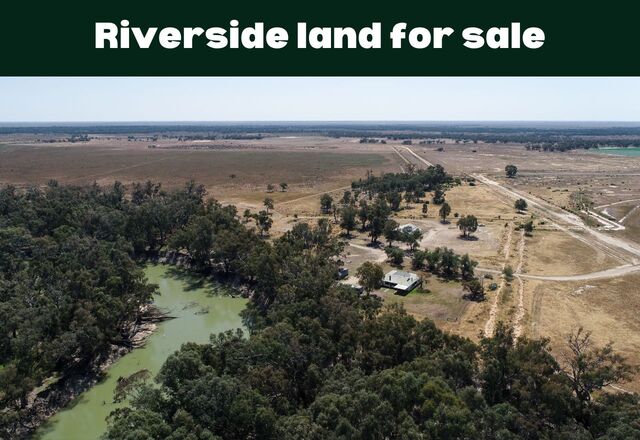Future uncertainty grips sheep industry as live export ban looms
Kimberly Grabham
16 May 2025, 2:00 AM
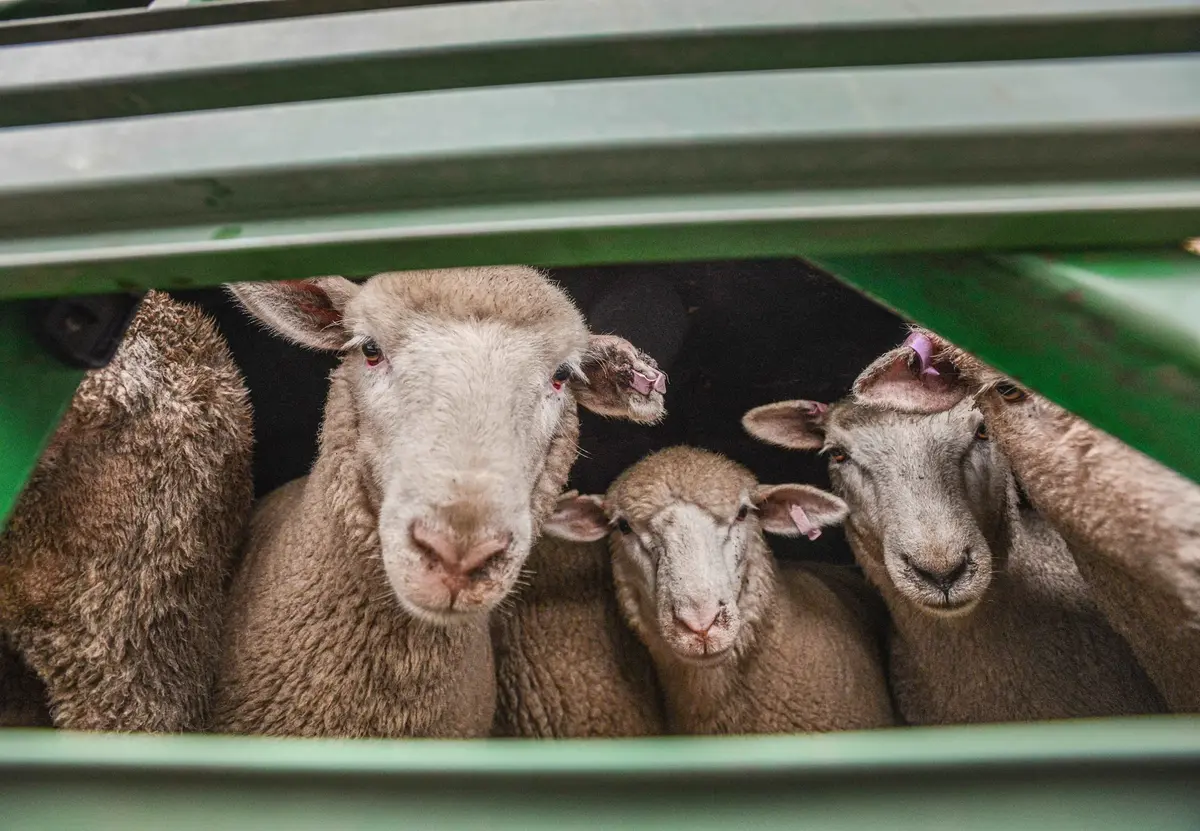
We want to hear form you: if you have fears of will be affected by the ban of the live export of sheep by sea, get in touch.
The broader sheep industry is reeling from the recent federal election outcome, which saw the Albanese-led Labor party secure victory.
The win is widely seen as signaling the imminent end of the live export of sheep by sea, a trade the government plans to phase out by May 2028.
This prospect has ignited deep anxiety among those whose livelihoods depend on the industry, particularly in Western Australia.
For years, farmers, especially in WA, have been actively campaigning against the government's proposal to ban live exports.
Annual exports of live sheep typically involve more than one million head, with key markets in the Middle East and Asia.
Losing this market, they argue, will have devastating consequences.
The "Keep the Sheep" campaign became a focal point of resistance, urging voters to rank Labor last in an effort to protect the livestock export trade.
Campaigners contend that ending live exports will cripple the Western Australian sheep industry.
Their concerns are highlighted by spokesperson Ben Sutherland, who wrote to the Prime Minister before the election, stating that farmers in WA were "suffering in your Government's hands."
The evidence presented includes a significant 25 per cent reduction in the Western Australian sheep flock in 2024, with further declines anticipated in 2025.
Adding to the woes are the closure of two major abattoirs, falling wool production, and shearers reporting reduced business.
According to industry voices, the health of the Western Australian sheep industry relies on competition from three essential markets: meat processing, wool production, and live exports.
Taking one away, they argue, damages the viability of sheep production and causes all three sectors to suffer "dire consequences."
The opposition Liberal–National Coalition had pledged to reinstate the live sheep export trade if elected, contrasting sharply with Labor's policy.
Following the election results, the Keep the Sheep campaign acknowledged the defeat with disappointment but thanked everyone who supported their cause, emphasizing that the fight was about "people, communities, livelihoods, and the future of rural Australia," not just politics.
They also expressed gratitude to those who put Labor last at the ballot box to stand with farmers and rural communities.
While the Labor government has committed to providing a $140 million compensation package to the industry as part of the phase-out process, this has not appeased opponents of the ban.
Industry leaders, including National Farmers' Federation president David Jochinke, have voiced major concerns about the returned government's policies, citing potential headwinds in areas like water, industrial relations, and trade regarding live sheep export.
Jochinke stated farmers need to hold firm on agriculture policy and would not back away from their hard lines on acceptable policies.
Campaign coordinator Holly Ludeman reflected on the election outcome, stating the need to take some time to regroup but affirmed her intention to continue the fight, highlighting that the live export trade is a viable industry.
While the government points to successes in restoring and diversifying agricultural trade with other markets, including recent deals with China for lamb and apples, for many in the Western Australian sheep industry, the looming live export ban remains an existential threat that dominates their concerns for the future.
NEWS
SPORT
RURAL
COMMUNITY
VISIT HAY
VISIT BALRANALD
VISIT OUTBACK NSW
MEETINGS
EVENTS
LOCAL WEATHER
FOR SALE
COMMERCIAL PROPERTY

